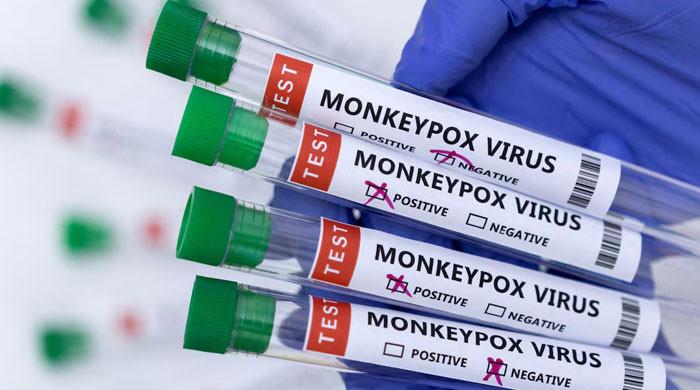Women’s ovarian reserve might be harmed by poor lifestyle choices

According to a study, pollution in the air can reduce a woman’s ovarian reserve.
The number and quality of eggs (oocytes) a woman has is referred to as her ovarian reserve. A diminished ovarian reserve (DOR) indicates a lower number and quality of eggs, as the name implies. Pollution, ageing, stress, smoking, endometriosis, tubal disease, and chemotherapy are just some of the things that can harm the ovaries. Women with a poor ovarian reserve may struggle to conceive and may need to resort to techniques such as egg freezing.
Low ovarian reserve can be caused by a variety of factors. According to experts, women are born with a significant quantity of eggs. They only have a few eggs remaining by the time they get their periods. The ovarian reserve decreases with age.
The anti-Müllerian hormone (AMH) is an ovarian reserve marker. AMH levels tend to drop as people get older. Low levels of AHM have been linked to pollution in the environment. Even smoking and ageing have a deleterious impact on AMH levels. Smoking has an effect on the quality of oocytes. Ovulatory irregularities are also linked to alcohol intake. Tubal illness, endometriosis, and genetic disorders such as fragile X syndrome also cause ovarian dysfunction, resulting in poor ovarian reserve.
A mix of environmental and genetic factors can potentially be the cause.
Follicle-stimulating hormone (FSH) and anti-Müllerian hormone (AMH) levels are measured in blood tests to diagnose diminished ovarian reserve. In menstruation and reproduction, both of these hormones are important.
For women with a low ovarian reserve, egg freezing may be a viable option. This will assist you in planning your pregnancy in the future. You can easily thaw those eggs, produce embryos, and get pregnant.
The report concluded that it is best to plan a pregnancy via in vitro fertilisation (IVF) if one has a low ovarian reserve because it has a high success rate.






